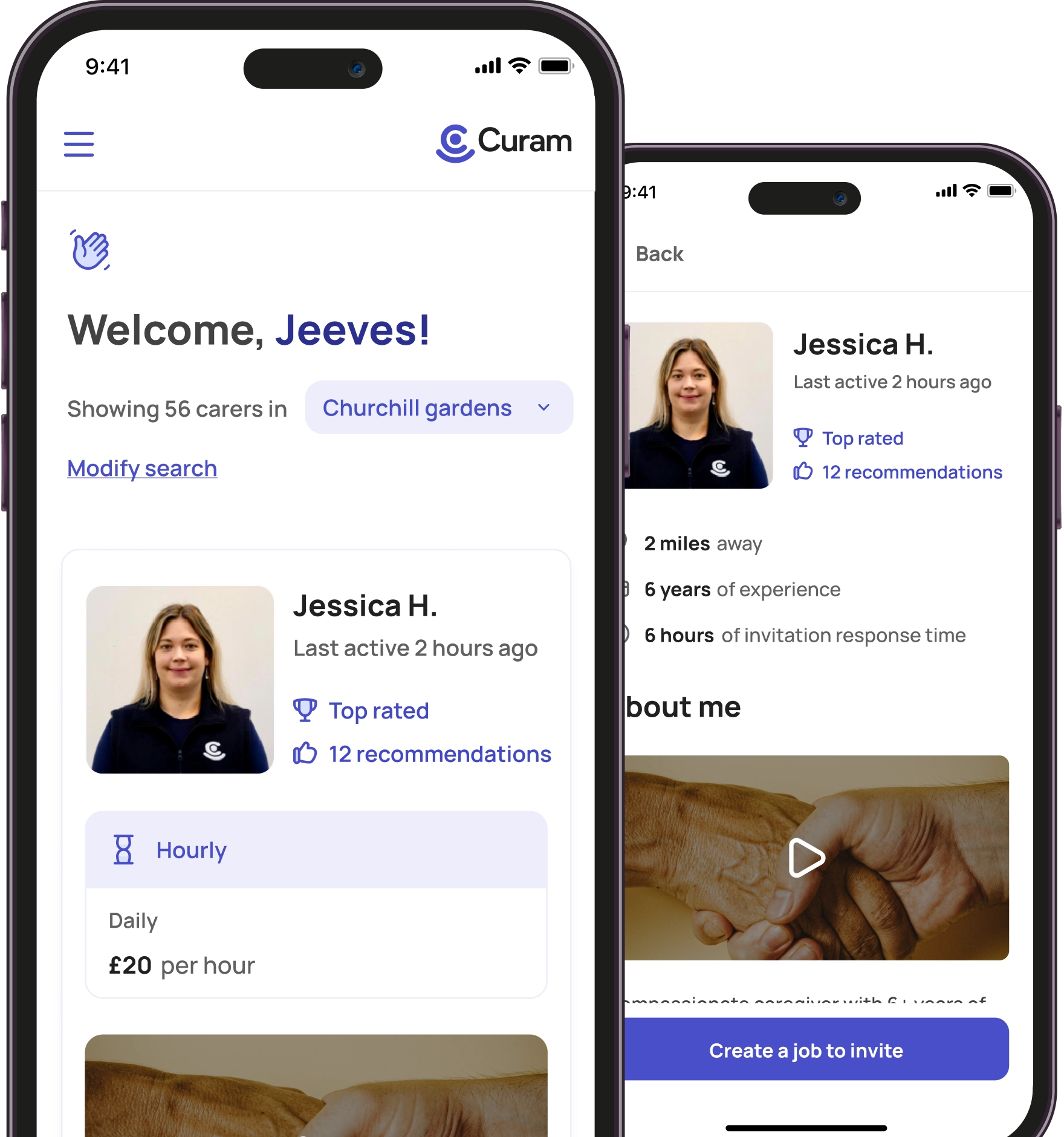Annika Eade
July 07, 2022

We all have mental health, in the same way that we all have physical health, and it is all too easy to just focus on the physical ailments we are feeling and not how we are coping mentally. In the same way you would identify and treat a physical ailment, it is just as important to recognise when you’re struggling and look after your mental health.
‘Good’ mental health will have different meanings for all of us. Feeling good physically and mentally isn’t always the easiest thing to maintain. From anxieties surrounding the news to personal problems and the trials and tribulations of day-to-day life, it can be hard to maintain your mental health and take time to look after yourself! Having good mental health doesn’t mean you always have to be in a good mood and happy all of the time, but there are little things you can do to check in with yourself and improve your well-being.
Identifying when you might be struggling.
The first step to feeling better and managing your well-being is identifying when you are struggling. We know it is easier said than done!
Your Body
- Often, we experience symptoms and signs that are body is trying to tell us we are struggling.
- Sleep - A change in sleeping patterns or struggling to sleep can often be a sign that you are going through a period of stress in your life. Additionally, too much sleep might be a sign that you are struggling with your mental health.
- Lack of motivation – a decrease in motivation or inability to concentrate can be your body’s way of letting you know your struggling.
- Lack of Enjoyment – a lack of enjoyment in usual activities or feeling more emotional than usual. If you are feeling agitated and restless or not wanting to spend time with people, usually these are things to look out for.
Of course, everyone's mental health is different and experiencing one or two of these symptoms doesn’t necessarily mean you are struggling. If you are going through a period of extreme change or stress in your life or you are worried about something it is normal to experience some of these signs. But if you are experiencing any of these symptoms and they carry on for longer than two weeks you should seek help.
How to look after yourself.
Everyone needs to look after their mental health. There are so many simple ways to check in with yourself and keep on top of your mental health. Just remember that you are not alone, everyone struggles to cope at one point or another and it is common to go through a range of emotions.
- Identify the trigger – the most important thing is to be able to identify when you are and why you are struggling.
- Make time for yourself - you may feel like each day is too busy to catch a moment but even if it is just 5-10 minutes of listening to a podcast or your favourite song try to take time out to do something for yourself that you enjoy.
- Healthy routine – eating healthily, getting plenty of sleep and trying to exercise on a regular basis can all benefit you mental health.
- Surround yourself with people you love – it might sound simple but investing time with people that you trust and make you feel good about yourself and add value to your life is SO important. Discard any negative relationships where you might feel judged or anxious – you don’t need it!
- Learn a new skill – every day is an opportunity to learn something new. Read a book, listen to a podcast, learn a new recipe or take up a new hobby. Knowledge fuels self-confidence!
Most importantly… talk, talk, talk!
Opening up is hard, but don’t underestimate the power of talking to someone, it really does help. Please don’t ever feel as if something is too small to talk about. That is why it is extremely important to check in with yourself regularly, so we are able to notice a change in our body and mind and find a solution. Nobody should struggle with their mental health alone, and often somebody you know has experienced a similar struggle at some point.
If you don’t feel you can talk to a family member, friend or colleague there is plenty of other help available such as charities, help lines, the NHS and your GP. We have listed some helpful links and numbers below.
Samaritans Charity - Samaritans’ purpose, is to be there for people who are struggling to cope and in times of crisis.
Click here for information on signs you might be struggling.
For information and tips on how to practice relaxation and ways to cope, click here.
Call a volunteer anytime on 116 123
Mind UK - provide advice and support to empower anyone experiencing a mental health problem.
For access to a variety of ways to get help visit Mind UK information page for tips and support services click here.
Check out the services available to you through the NHS.
 Back
Back






